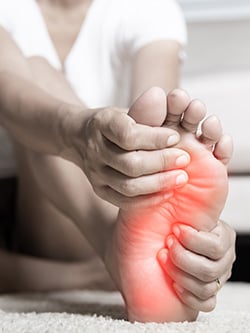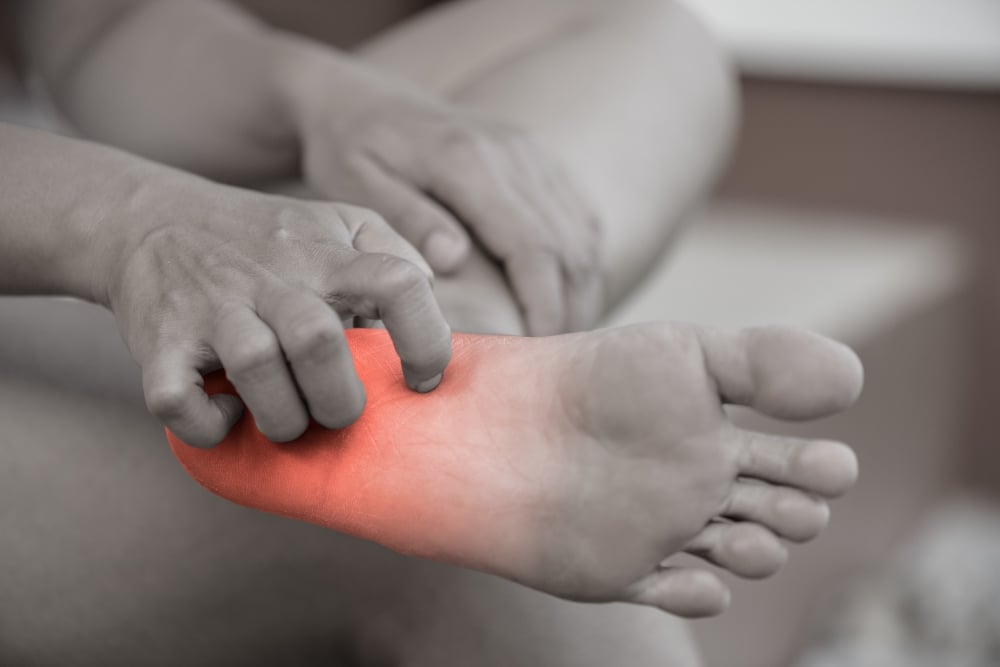Neuropathy Awareness Week – Q & A
What is Neuropathy?
Nearly 20 million Americans suffer from neuropathy, a chronic condition that results from damage to, or compression of, the nerves outside the spinal cord and brain. Typically, this affects the hands and feet, but other areas can be affected as well.
What causes Neuropathy?
Neuropathy symptoms happen when nerves get sick from diabetes, medications, chemotherapy, hormonal imbalances, and other causes. These sick nerves get stiff and swollen and get compressed inside the sheaths that they travel in.
What are the symptoms?
Over time the sick, compressed nerves slowly start to die, and this is what causes the pain, numbness, and tingling we call neuropathy. Patients can experience a burning sensation, muscle weakness, difficulty walking, and a loss of balance and hand coordination.
How is Neuropathy treated?
Currently, there are no known cures for neuropathy, but one well-studied and effective treatment in select patients is to decompress the affected nerves. By opening up the nerve sheath and giving it more room to “breathe,” nerve decompression can allow for a full recovery over time in select patients.
What is surgery/recovery like?
Although the surgery does not work for all people with neuropathy, in well-selected groups, upwards of 70 percent of patients will experience significant relief after the surgery. Most nerve decompression surgeries:
- Are done in an outpatient setting
- Take less than an hour to perform
- Are covered by most major insurance programs
If you are interested in learning more about neuropathy treatment options at The Institute for Advanced Reconstruction, please fill out the patient contact form.
Neuropathy treatment testimonial from Dr. Rose’s patient, John Kay






